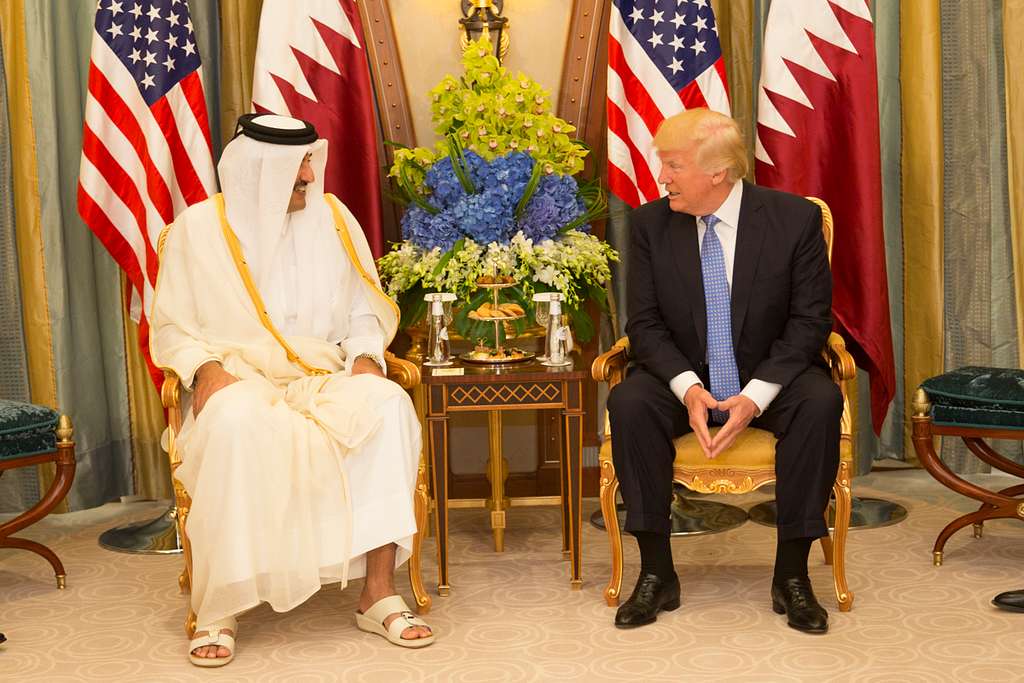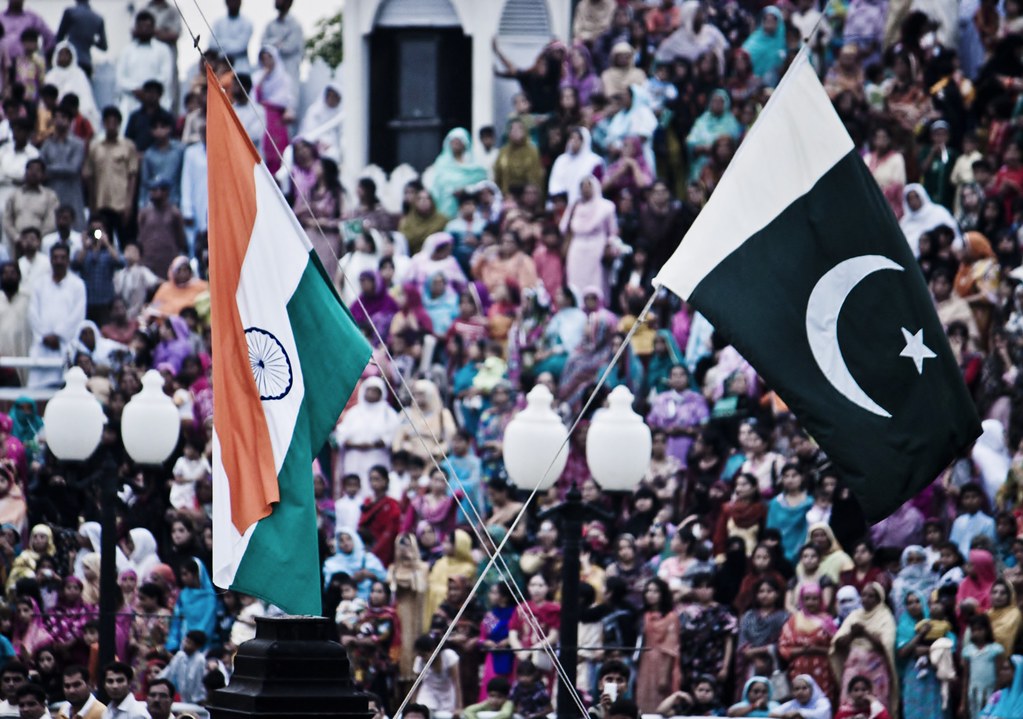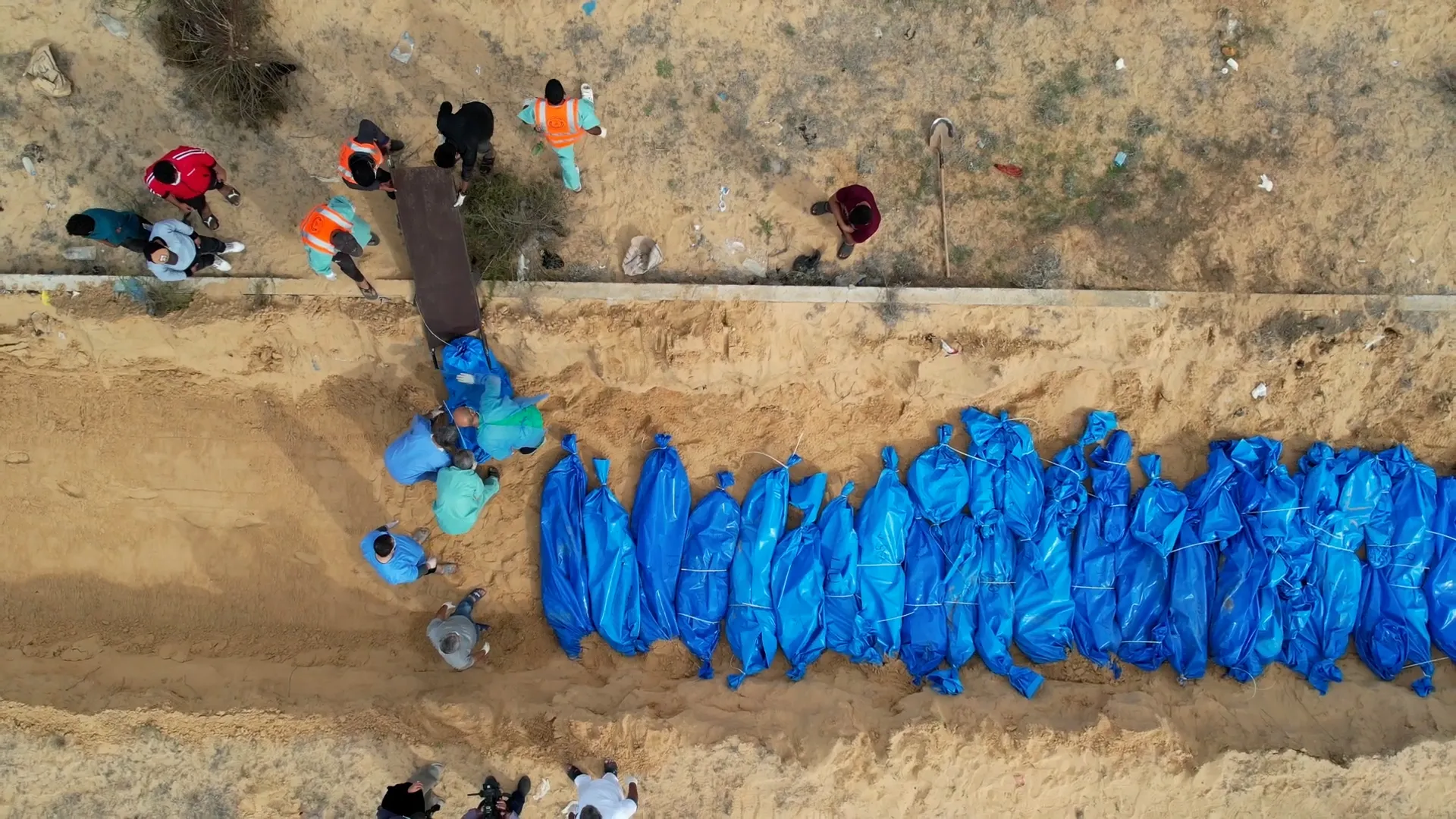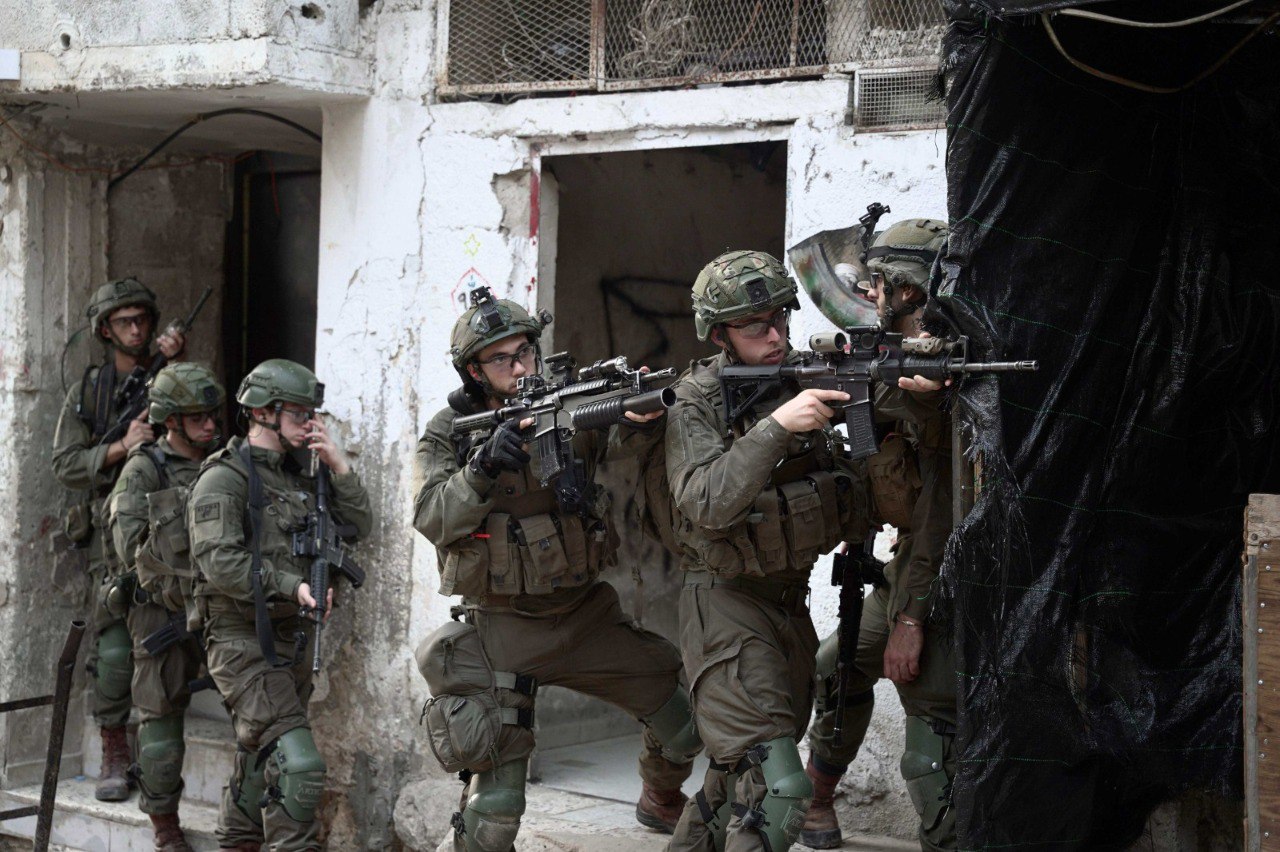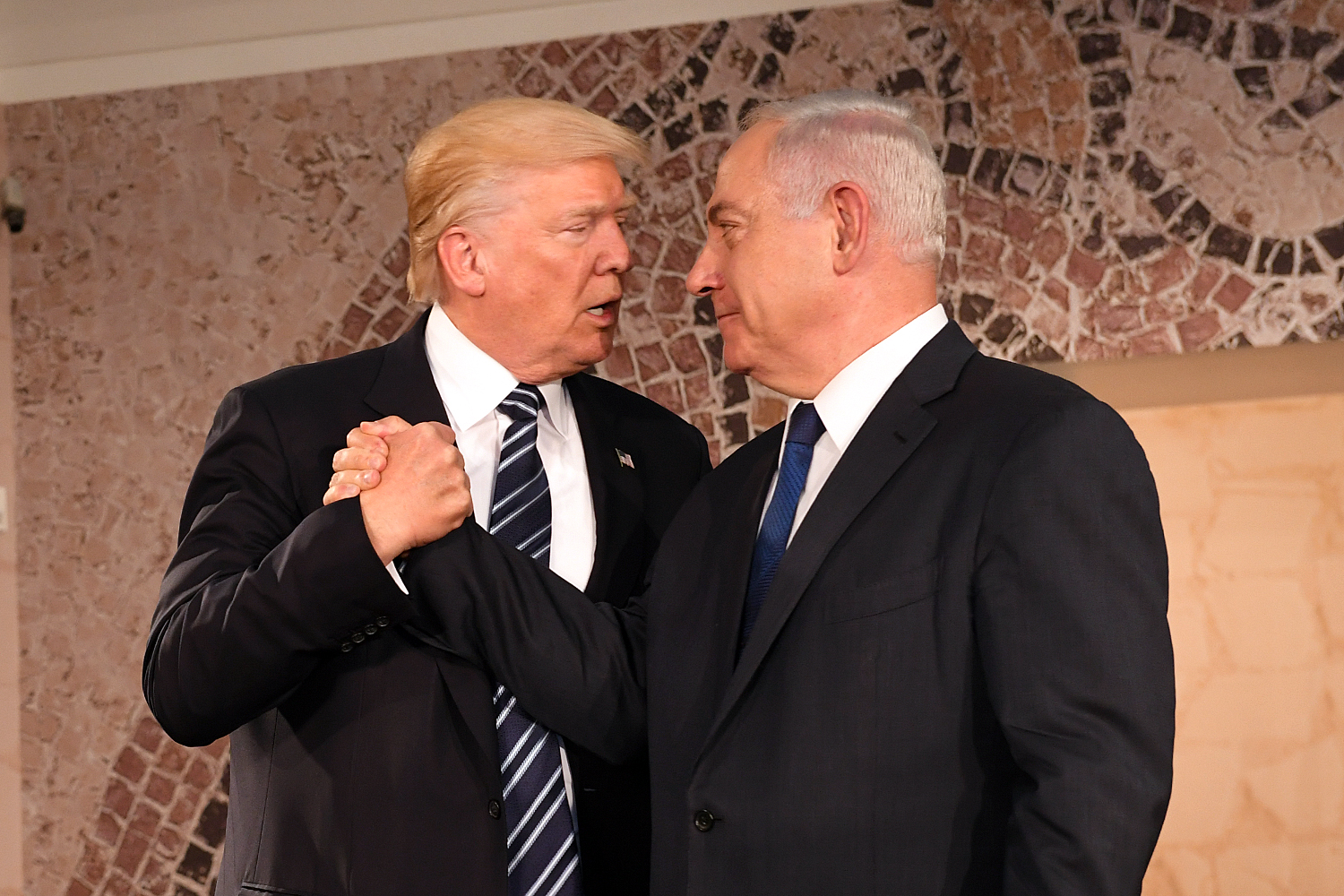Hamas has once again agreed to a ceasefire proposal, accepting a plan brokered by Egypt and Qatar that includes the release of five Israeli hostages, including a dual U.S.-Israeli citizen, in exchange for a 50-day pause in the fighting and humanitarian aid deliveries. The deal was endorsed by mediators and backed by the United States. But instead of accepting the terms, Israel submitted a counter-offer, delaying what could have been an immediate halt to the bombing.
The delay has raised eyebrows. The last ceasefire collapsed in March when Israel launched airstrikes during active negotiations, killing over 400 Palestinians. That action was widely seen by international observers as a breach of truce, breaking the fragile peace without provocation. Now, with Hamas agreeing to the new proposal, Israel’s hesitation looks less like strategic caution and more like obstruction, especially in the wake of recent changes in Israeli legislation.
Israeli Prime Minister Benjamin Netanyahu has framed the war as unfinished until Hamas is fully dismantled. Yet despite Hamas’s willingness to release hostages and entertain phased disarmament, the Israeli government appears unwilling to relinquish its military advantage—or the political cover the war provides.
Mediators say the ceasefire plan includes guarantees from Egypt and Qatar, a phased release of hostages, and the gradual lifting of the blockade. But Israel’s leadership has instead floated a new set of conditions, undermining the mediators’ work. Netanyahu’s office has not made the details of the counter-offer public.
For Gazans, every hour of delay brings more death. Food and medicine are blocked. Families sleep in rubble. And once again, the party that violated the last ceasefire is standing in the way of the next one.
Meanwhile, in the occupied West Bank, Israeli forces have intensified raids, detentions, and settler-backed violence—actions largely hidden from international view under the shadow of the Gaza war. Entire communities have been forced to flee. Homes are bulldozed. These acts, described by rights groups as ethnic cleansing, are accelerating as attention remains fixed on Gaza.
Inside Gaza itself, protests have broken out. Civilians are desperate for peace, food, and aid. Many blame Hamas for dragging them into war. Others blame Israel for never allowing any peace to take hold. Either way, the people of Gaza are demanding an end—an end to war, to occupation, to living as collateral in someone else’s strategy.
This time, the world is watching. And there’s no confusion about who said yes—and who keeps saying wait.
Author
Discover more from The Crustian Daily
Subscribe to get the latest posts sent to your email.


